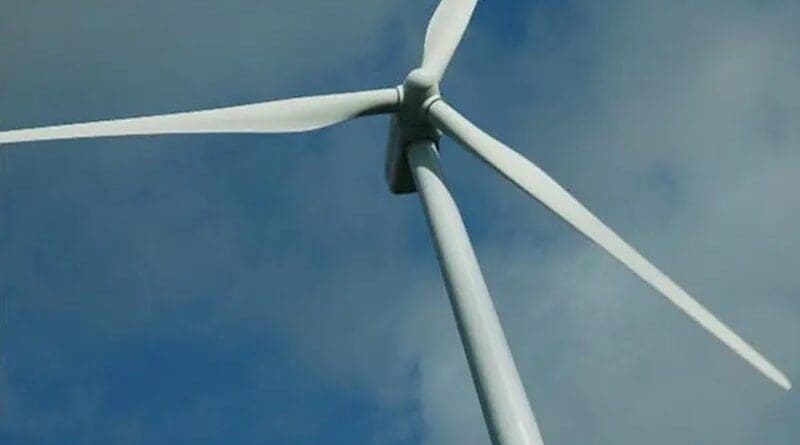The Latest State Of The Global Energy Markets – OpEd
Thermal power generation continues to slump, but is far from extinct, and we doubt it will become extinct in any foreseeable time frame, measured in decades.
However, we anticipate that renewable power generation will continue to grow at the expense of thermal power for some time. The rate at which Renewables will displace thermal power, and the extent of this displacement are open questions at the time of writing.
This question is likely to remain open for several years because what should have been a purely technical, environmental, and economical analysis has been turned into a political and media debate.
Some well-intentioned politicians, journalists, pundits, and a few “scientists” are proposing total elimination of all natural gas, oil, and coal usage within one or two decades. Worthy as this goal is, it is highly unrealistic with currently known technologies; as well as with current or possible industrial capacity.
The total economic and environmental costs of such a fuel-free system have yet to be studied and understood and will prove far higher than its ardent proponents imagine. However, fanatic proponents of unrealistic schemes do not typically allow facts to get in their way, and the momentum they have generated in the media and in the public’s mind has caused paralysis in the thermal power generation industry.
This paralysis may continue until renewables attain their maximum practical potential whilst attrition takes its toll on the thermal power capacity base, leading to a crisis in power supply sustainability and reliability. In the US at least, regulated utilities are obligated to supply reliable power, and the wiser and braver amongst them will plan and building new thermal power plants in advance of such a crisis point.
Your writer’s own estimate for renewables’ maximum practical potential is in the 30% range, and by current trends this is only a few years away. For Renewables to exceed the ~30% practical limit, radically new storage technology is necessary. Some believe that any technological problem can be solved by throwing enough money at it, but we are skeptical of this belief. Physical realities do not simply yield to dreamers’ whims or money.
Logic dictates that coal-fired thermal power would be phased out over the upcoming two decades, long before gas-fired power is phased out, if ever, for four reasons:
(a) Environmental: Gas power is cleaner, more efficient and with a lower carbon footprint.
(b) Economic: Gas supplies and recoverable reserves continue to increase, gas prices are low relative to coal prices, and gas power plants are less expensive and quicker to build.
(c) Practical: Gas power plants offer versatility because they can be economically built in all sizes, including the distributed power scale, and also lend themselves to highly efficient cogeneration.
(d) Historic: In the USA, as well as in many parts of the world, the coal-fired fleet is aging and needs to be phased out anyway. It is doubtful and unlikely that decommissioned coal plants will be replaced by new coal plants due to the above reasons.
Thus, from the above, our projection is that the next surge in orders will be for GasTurbine-based power, and not for coal power.
So, in the next few years, what does all this mean for the Software Market? Renewables software is approaching its intended maturity, and we expect it will start contributing revenues in 2020, but expect it to remain a minor component. Its market is already crowded, and the skills required to enter it are far below the skills applied to develop thermal power plant softwares. We are using the current industry slowdown to focus on this major effort to ensure the long-term functionality and integrity of vital thermal power plant software products, for decades to come.
Our own global projection is that orders for large new thermal power plants in the major developed economies shall remain at the current weak level for another 3-5 years, and then experience a new boom as reality asserts itself. In the interim, there will still be robust new orders from developing countries as well as for cogeneration and distributed power within the major developed economies.

